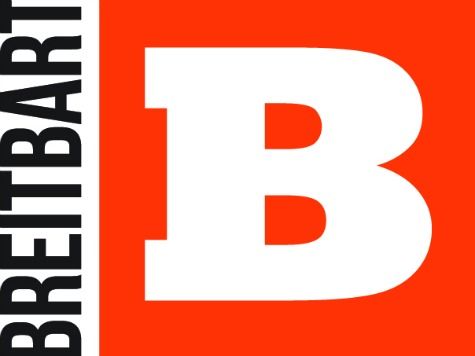In an extensive interview with German media Sunday, Hungarian Prime Minister Viktor Orbán criticized Brussels for its overreach into national politics, urging a rethinking of the role of the European Union (EU).
Speaking with the German Sunday paperWelt am Sonntag, Mr. Orbán said that Europe and the EU are not the same thing. Europe is “not in Brussels, but in Berlin, in Budapest, in Warsaw and in Paris,” Orbán said.
“I do not criticise Brussels, but Brussels politicians and bureaucrats, who act as if they were the centre of an empire,” he said.
The government of Hungary wants an EU with a parliament of limited powers, Orbán added, with “a strong council” of heads of government, and with a “commission which, rather than making policies, should serve as guardian of the treaties.”
The Prime Minister also took issue with the EU’s redefinition of what it means to be European, especially its intentional forgetfulness of Europe’s Christian heritage and the richness of its national cultures.
Between East and West there is a “mutual lack of understanding” concerning the issue of liberal democracy and the rule of law, he said. While Hungarians speak a “traditional and direct language,” the West considers itself post-national and post-Christian, which is seen as “liberal” and “the rule of law.”
“We do not want this,” Mr. Orbán said. “We want our national and Christian identity.”
Regarding immigration, the Prime Minister is standing firm in his assertion that the issue is a matter of national sovereignty and cannot be imposed from outside.
“We will not let Brussels tell us who we must take in,” Orbán said, adding that it is up to Hungary to decide who can stay on Hungarian soil.
The real problem is the EU’s inability to secure its external borders, Orbán said, which is absolutely essential for success of the Schengen Treaty with its free internal movement among EU nations.
Hungarians in particular value this freedom, since we come from a dictatorship, Orbán said. “If, however, we cannot protect the external borders, then our internal borders must be closed.”
“We are showing solidarity, and yet we are being criticised for this. We have soldiers at the EU’s borders and this has cost us one billion euros so far. But what are Brussels and Berlin doing? They have not paid us a cent, and yet they chastise us,” Mr. Orbán said.
The Prime Minister also noted that the many migrants entering Europe are mislabeled as refugees, which does not correspond to reality. He also underscored Hungary’s ongoing policy of aiding migrants’ countries of origin, rather than bringing them into Hungary.
These people are not coming from war zones, he said. “They just want to live better lives here than they could in Africa or Asia; therefore, rather than bringing migrants here, help should be taken there.”
Hungary is “more sensitive to the issue of migration than Germany,” he said, because it lies in a danger zone. When “masses of people enter the country, the alarm bells start to go off here.”
Mr. Orbán continues to be critical of certain NGOs that operate outside all political, economic and social controls, especially when they are used as lobbies to agitate for change.
Orbán said that the new Hungarian legislation on NGOs is based on the American model, and the only ones complaining are those associated with “the Soros network,” because now they are obliged to disclose what they had preferred to conceal: that they are being financed by George Soros.
The Soros network is seeking to dismantle the border fence and change immigration policies, Mr. Orbán said, “and this is a kind of border violation which we cannot tolerate.”
Responding to recent criticisms regarding alleged media restrictions in Hungary, Mr. Orbán flatly denied that authorities hinder the work of journalists who are critical of the Government in any way. He added that there are at least as many media outlets critical of the government as those that support it, but the problem is that the “opposition is weak, and this is frustrating for leftist journalists.”
The Prime Minister also highlighted Hungary’s steady economic growth as a boon both to Hungary and to Europe at large.
“Now many people may smile when I say that Germany and the Visegrád states will be Europe’s determining economic axis,” he said, “but as of 2030 we will be financing the EU budget, together with Germany.”
Follow Thomas D. Williams on TwitterFollow @tdwilliamsrome
[contf] [contfnew] 
Breitbart
[contfnewc] [contfnewc]







